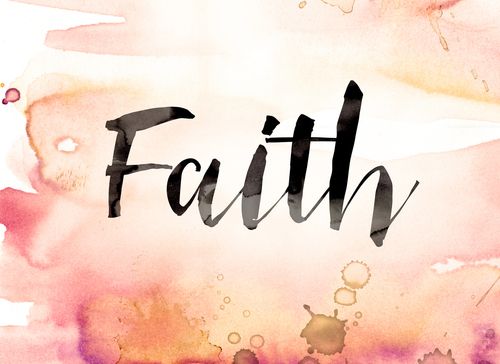 Faith communities, particularly in Western cultures, tend to focus on aspects of spiritual well-being. While strengthening faith is certainly a noble pursuit, it is also important to keep a broader view of the whole person. One area that many faiths tend to downplay or ignore is the physical, but this is a mistake. The fullness of faith requires acknowledgement and care of all aspects of humanity, and this includes the body. Moving toward a more embodied faith is crucial for maturity.
Faith communities, particularly in Western cultures, tend to focus on aspects of spiritual well-being. While strengthening faith is certainly a noble pursuit, it is also important to keep a broader view of the whole person. One area that many faiths tend to downplay or ignore is the physical, but this is a mistake. The fullness of faith requires acknowledgement and care of all aspects of humanity, and this includes the body. Moving toward a more embodied faith is crucial for maturity.
Approaching Death and Grieving
Your church probably has its theological arguments for what happens to the soul after the body dies. Does it have a clear tradition for how to honor the bodies of the dead, though? Many churches have standard burial practices, but these rituals may actually get in the way of a thorough expression of grief. The more attention that a particular tradition pays to the reason behind its burial rites, the more the families of the departed are able to process their loss. By embracing the potential discomfort in the physical goodbye, leaders can minister to their grieving members better.
Addressing Poverty and Hunger
Philosophers retell the story of the infamous meeting of Simone de Beauvoir and Simone Weil. During their conversation, de Beauvoir posited that what people need most is to understand the meaning of their lives. Weil responded curtly that it was clear de Beauvoir had never experienced hunger. Many faith communities inadvertently make the same omission, assuming that everyone who attends their services is only there to receive inspiration and spiritual guidance. How many people are sitting through sermons while consumed with worries about how they're going to pay bills or put food on the table for the rest of the month? How many people are living on the streets within walking distance from the church? The church is meant to serve the needs of the people around it, and this includes their basic bodily needs for food and shelter. In fact, if these needs are not met first, it makes sense that those left in poverty or hunger will have a hard time believing in anything beyond the physical realm.
Dismantling Oppression and Injustice
The privilege of living in a white body can blind some people of faith to the problems that others experience. There are many issues in the world today that have disproportionately negative effects on BIPOC:
- Convoluted immigration processes
- Unjust labor practices
- Rampant incarcerations
- Gentrification of low-income neighborhoods
- Lack of access to reliable healthcare
Addressing power discrepancies starts with acknowledgement. When people recognize that they have better access to societal benefits (even if it's just the benefit of the doubt) because of their race, gender, ability or socioeconomic status, they discover a powerful tool for breaking down the barriers that others experience. They can then seek ways to embody equity.
Practicing Acceptance and Inclusion
The gender spectrum and all its variations and interpretations express the wonderful complexity of the embodied human experience. Those who were taught that gender is binary and that heterosexuality is the only acceptable orientation, however, may find it difficult to fully embrace the idea that God created people who fall all along the spectrum and called them good. Furthermore, adhering to limited beliefs can cause unspeakable harm to those whose true selves do not fit such narrow parameters. As the ones who are often seen as the mouthpieces of God, churches play a vital role in ensuring that freedom for all triumphs over fear.
If your church's focus is typically on spiritual issues, working toward a more embodied faith may be an arduous journey. However, it is a path that leads to freedom and a more well-rounded view of humanity.



